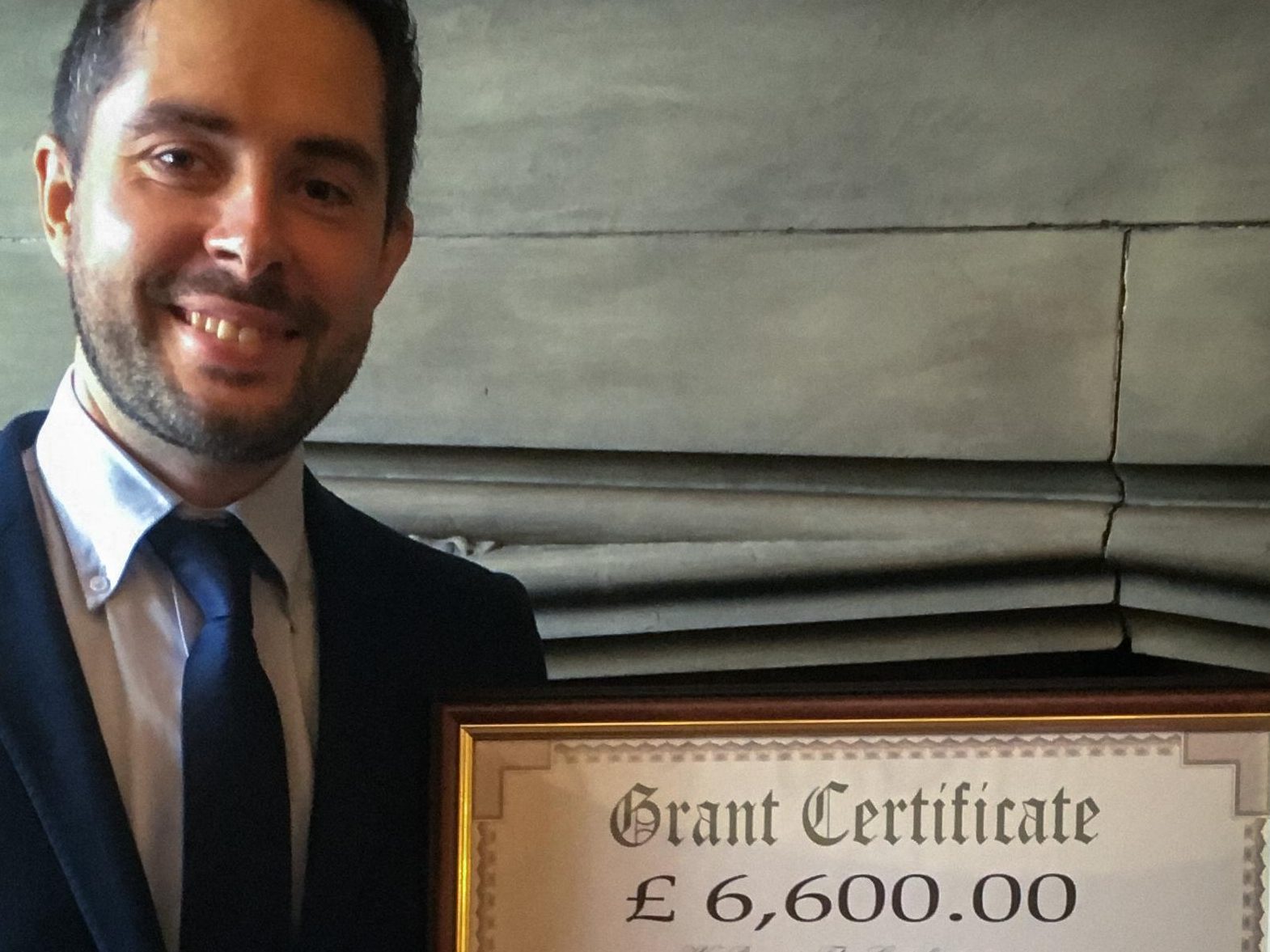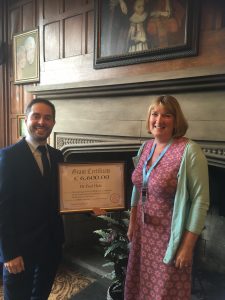
Leukaemia & Myeloma Research UK has made a grant of £6,600 to help fund innovative new research into Acute Myeloid Leukaemia (AML).
Dr Paul Hole, a Senior Post-Doctoral Research Scientist at Cardiff University*, has been awarded a grant by Leukaemia & Myeloma Research UK to fund research into the biology of leukaemia using novel, gene-editing approaches.
Focussing on cellular and genetic pathology, Dr Hole has completed a preliminary study into gene-editing and the grant will allow him to further expand upon his research**.
The research is looking at the effects of ‘deleting’ harmful genes from blood cancer cells as a way of studying AML, and assessing how the remaining cells react once these genes have been removed. Dr Hole believes this could lead to new treatments for blood cancers.
Dr Hole explained: “You don’t have to go far to find someone who has been affected by cancer in some way and it is something I’m passionate about researching and helping to fight. I want my research to change and to save lives.
“I needed funding to run this study and was lucky enough to secure a grant from the Department of Haematology at Cardiff University to run a preliminary study. Those results showed that this approach has the potential to work.
“Leukaemia & Myeloma Research UK were the first organisation to see the potential in this work and, after a detailed application process, I was thrilled to find out my application had been successful.”
AML is a rare and aggressive type of blood cancer that can develop rapidly. It that affects around 2,600 people each year in the UK. AML can affect anyone; however, it is most common in people over the age of 65.
Dr Hole continued: “The grant money will support the continued developmental work into gene-editing approaches to study and fight AML. The data I gather will help inform a paper which, once published, will detail the potential of this process.
“The study is still very much in the early stages, but I’m hoping that in the future this research can be translated into a treatment process for AML and potentially other cancers too.”
Dr Joanna Tilley, Interim Operations Director for the charity, explained: “We want to eradicate cancers of the blood once and for all, and Dr Hole’s research is vital in understanding blood cancers and the functionality of cells, both healthy and harmful. We can see that there is huge potential for this study to inform the treatment of AML and other blood cancers.
“The charity was established to tackle cancer of the blood and we actively support research into blood cancers, as well as raising awareness of stem cell therapies and offering a funded stem cell storage service for qualifying families.”
Dr Hole had planned to study Physics at the University of Cambridge but, during his first year studying the natural sciences, he found his passion lay in the study of biology, specifically cellular and genetic pathology. After completing his degree at Cambridge, Paul moved back to his home country of Wales to study for his PhD in Leukaemia Biology, before beginning research into AML.

Dr Paul Hole receives his grant cheque from Dr Joanna Tilley, Interim Operations Director for Leukaemia & Myeloma Research UK.
* Dr Paul Hole is a Post-Doctoral Research Scientist in the Department of Haematology, Division of Cancer and Genetics, School of Medicine, College of Biomedical Life Sciences at Cardiff University. Twitter @PaulSpencerHole.
** The title of Paul’s research project is ‘Developing a CRISPR-based method to study chromosomal-translocation derived fusion-proteins in cancer.’ CRISPR gene editing is a new tool developed by scientists enabling them “cut, copy and paste” within the DNA of living cells. It has the potential to revolutionise research and treatment of many diseases, including blood cancers.









